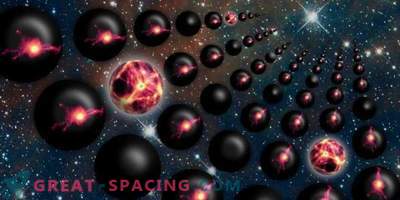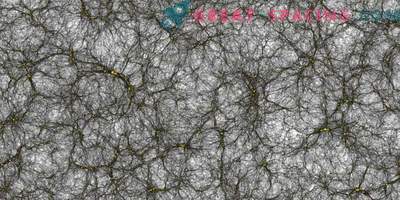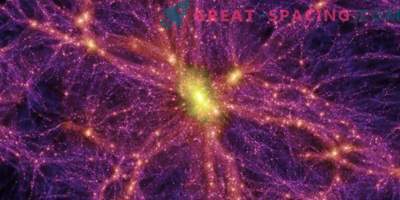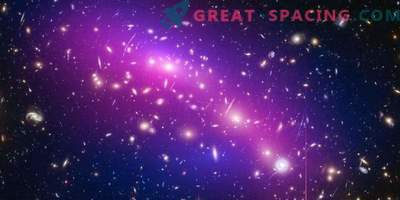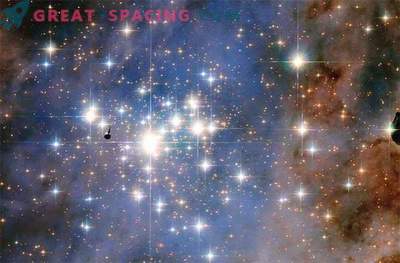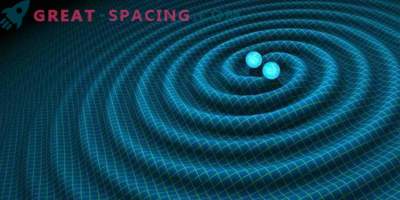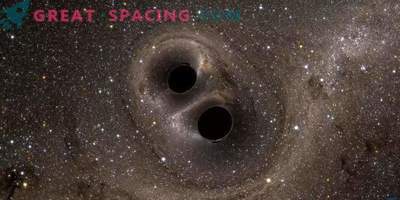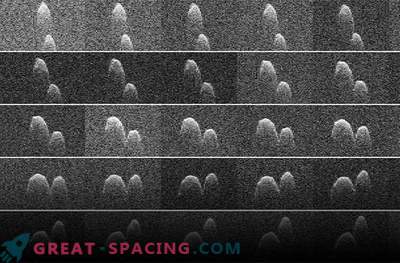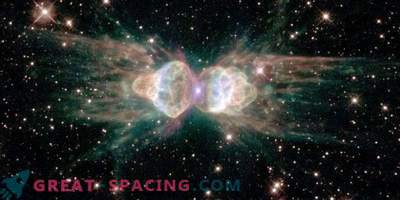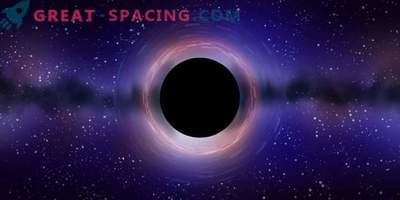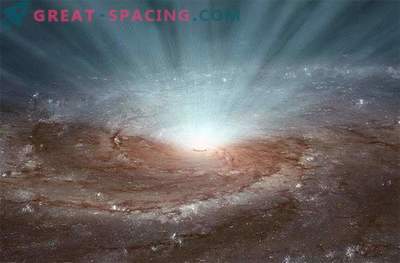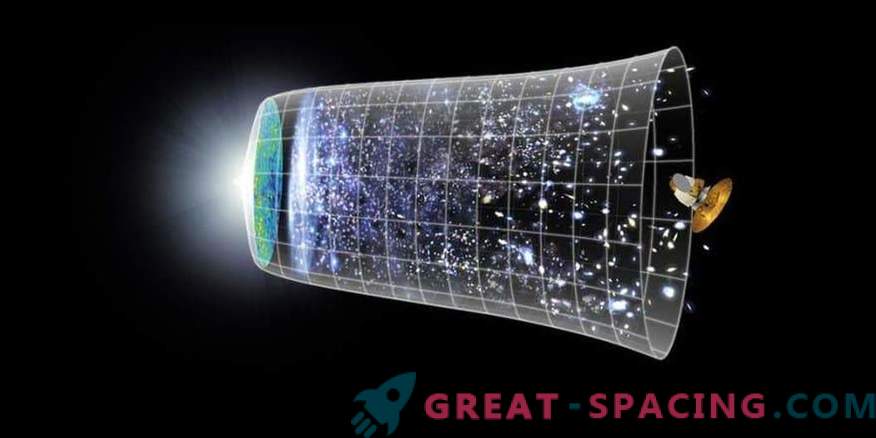
Representation of the evolution of the universe lasting 13.8 billion years. Depending on the method of studying spatial expansion, we get different results of the age of the Universe. Scientists believe that consistency can be achieved if dark energy was not constant in time.
The presence of dark energy leads to the fact that the universe is not only expanding, but also increases the speed of the process. This is an unknown material that dominates matter and is considered dark because it does not emit light. To explain it, use two options. The first was advanced by Einstein: gravity makes objects repel each other if they are separated by a large distance. Or the vacuum is endowed with special properties that guarantee expansion.
For several decades, scientists have used the relativistic equation for dark matter and dark energy to decipher the background-radiation observations. But, the more accurate the devices became, the more discrepancies arose. And we are faced with the fact that there is a difference in the age of the Universe with a deviation of 10% (between Planck's data and the baryon acoustic oscillation). But researchers say that the difference can be reconciled, if the dark energy did not appear constant in time. Clear evidence would be a sharp gap, which has not yet been discovered. Now they are trying to solve the problem with the help of dark energy spectroscopy (DESI). It will be able to display more than 25 million galaxies, reaching objects that formed several billion years after the Big Bang event. Data should be obtained in the 2020s.


